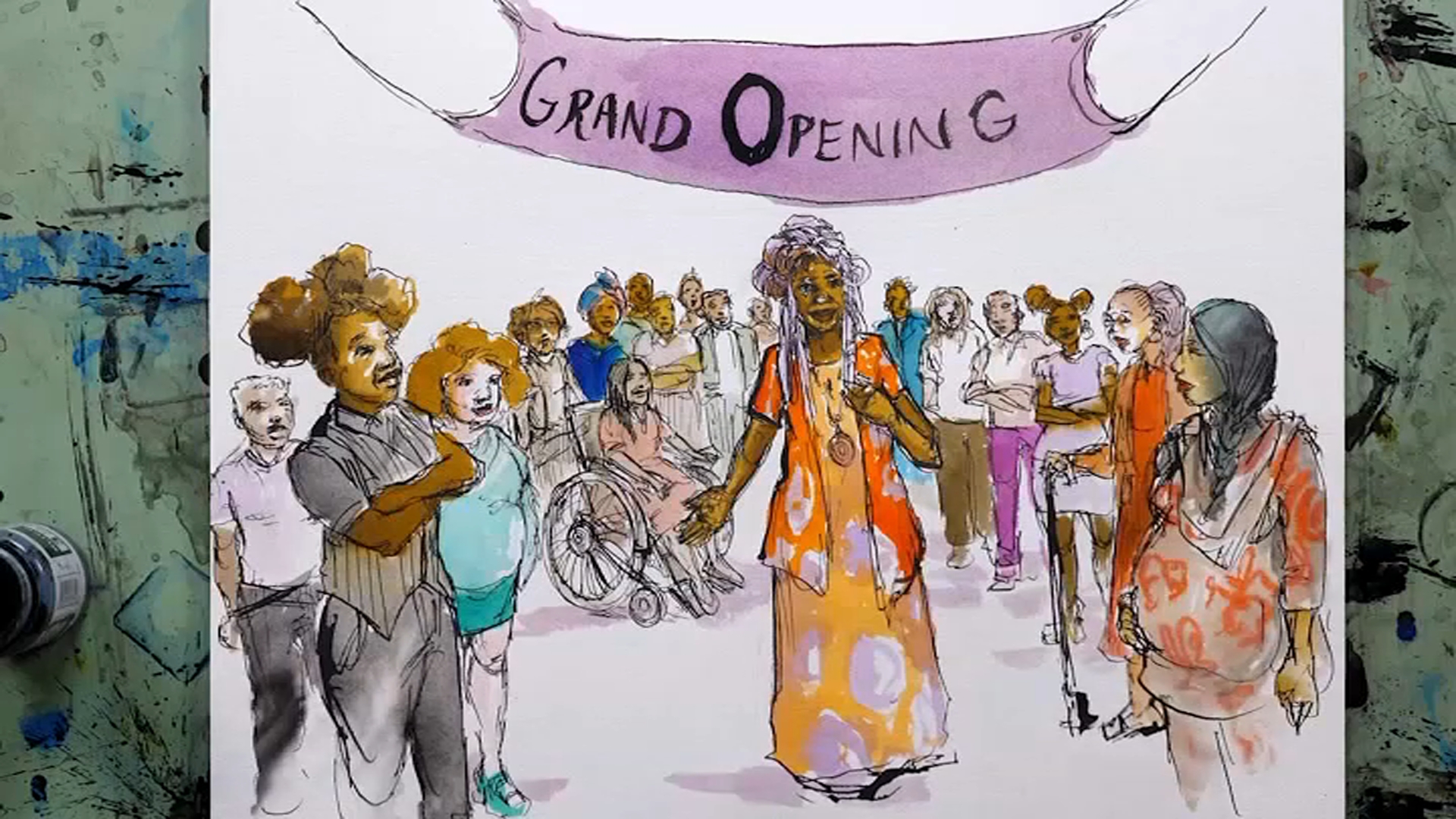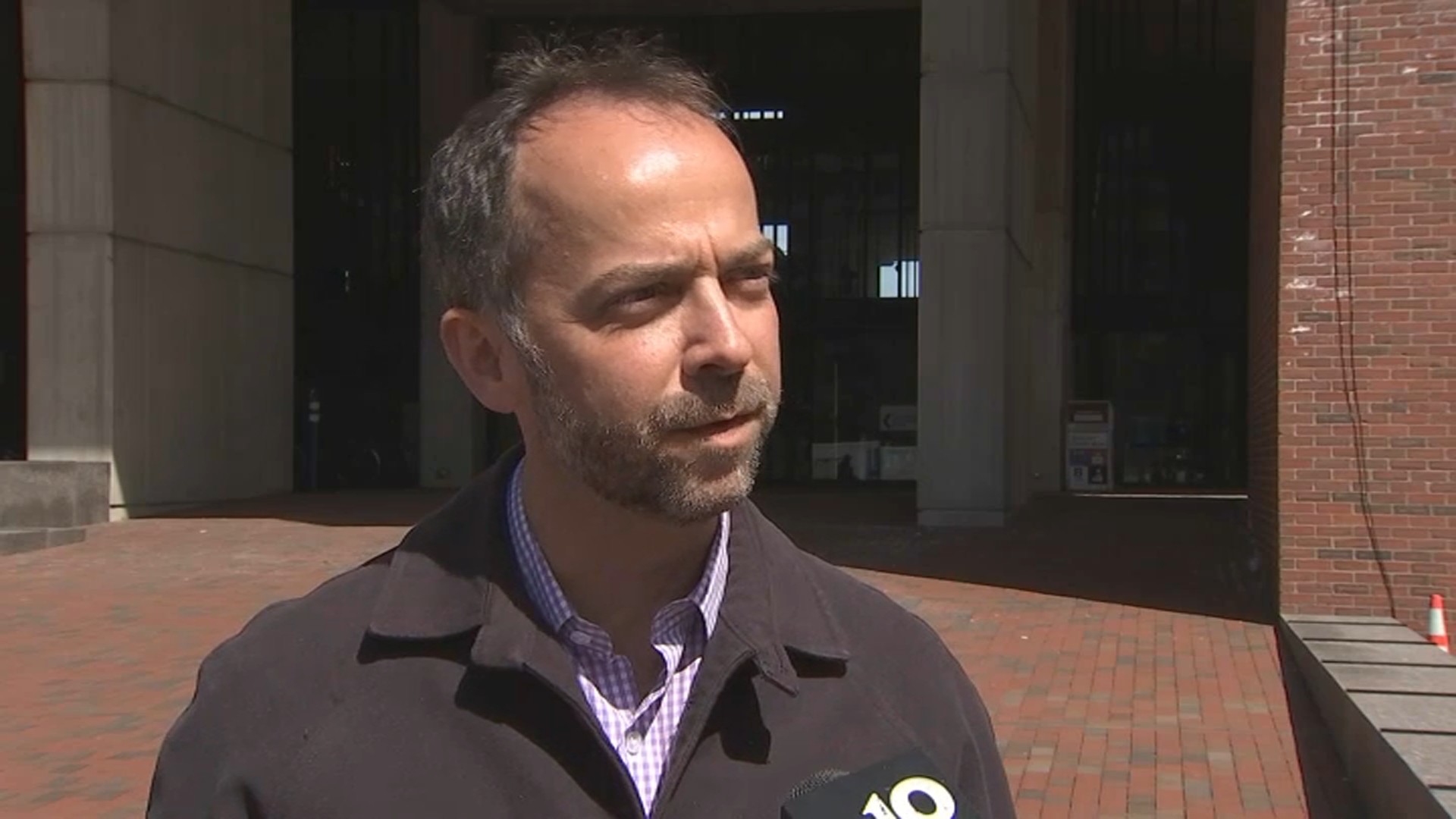Unfazed by a more than 30-point swing in public opinion from backing to opposing a Boston 2024 Olympics, the head of the local organizing group vowed Friday to press ahead, hoping better weather – and a functioning MBTA – may turn voters more receptive.
"I feel like if we can get out and answer people's questions, as we we're doing now, and provide people with information, we're going to see people support the Olympics," Boston 2024 chairman Richard A. Davey said in an interview Friday afternoon. "We've got two years to make our case to the folks of Massachusetts and of Boston."
That's a job that's been getting harder and harder every day, as support plunges and opposition soars to the athletic extravaganza. A new WBUR/MassINC Polling Group survey of metropolitan Boston residents (communities out to Route 128) has found that support for Boston bidding for the games has cratered, falling from 51 percent in January to 44 in February and now just 36 percent in the newest poll. Meanwhile, the percentage of residents opposing a 2024 Olympics has leaped from 33 percent in January to 46 in Febuary and now 52 percent – in all, a 34-percent swing on the question.
Eric Hunter, a Boston resident, said what he thinks explains the plunging support is that "people are just worried about the transportation infrastructure, with the winter and the storm, what it did - can the city really handle the new influx of people?"
Dale Mitchell of Jamaica Plain agreed that the key reason seems to be "the MBTA. I mean, the MBTA crashing, I think, has freaked everyone out, and I don't think it'll work without the MBTA."
Davey's hopes lie in a functioning T, and the arrival of spring.
"This is such a great sports town, for athletes both local and international. We're going to see that spirit in a couple of weeks at the marathon. We see the Red Sox back very soon. Snow is melting. I think the attitude of the region - we've been through a very tough winter - is going to improve," Davey said.
Massachusetts
The latest news from around the state
But will it turn enough to turn the tide on the Olympics? Kaelyn Beaudette of Westborough said when she heard about the Olympics bid, "I thought it was positive, at first, but maybe people are realizing what that could actually entail for them ... There'd be so many people here. I don't know if we could handle it."
Davey said key messages he wants to hammer home with residents and voters are that the games would be paid for all by private money, aside from state funds used for long-planned permanent transportation improvements, and that the last three Olympics held in the U.S. – Salt Lake City's winter games in 2002, Atlanta 1996, and Los Angeles in 1984 – all generated some level of profit that paid for permanent benefits in those cities.
"The more we can get our message out, talk to folks, answer questions, get people comfortable," Davey said. "I expect those poll numbers to rise."



